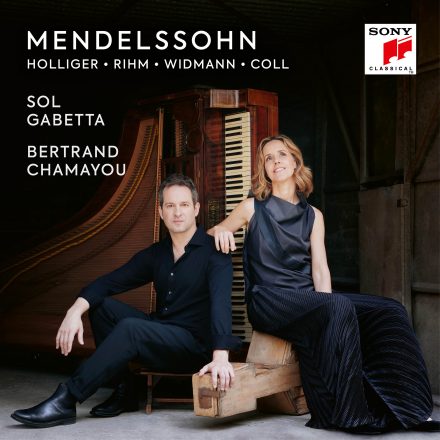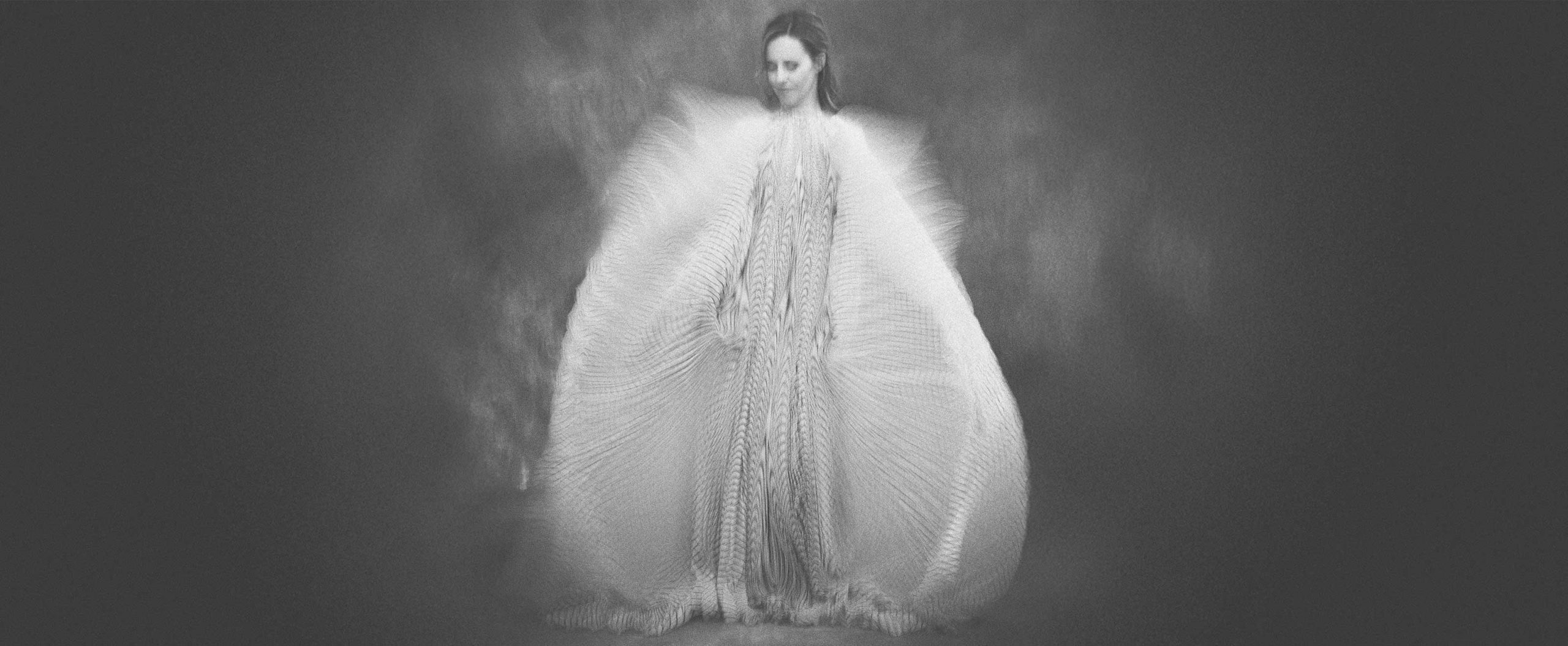Discography
Mendelssohn
Bertrand Chamayou
Sony Classical
Release Date: January 2024
The Strad
You can rely on Sol Gabetta to present central repertoire with seemingly effortless aplomb and bags of personality. And while time spent with Mendelssohn’s two major masterpieces for cello and piano – the Second Sonata and the Variations concertantes – is never time wasted, it’s good to hear the First Sonata played with the same level of passion and involvement.
Gabetta and Bertrand Chamayou have been playing the Second Sonata together for several years and their rapport is evident from these propulsive, responsive performances. She plays the ‘Bonamy Dubrée-Suggia’ Stradivari of 1717 – formerly in the possession not only of the cello goddess Guilhermina Suggia but also of Pablo Casals – strung with steel-wound gut-core strings. This has a less outgoing overall tone than the 1730 Gofriller (conventionally strung) she uses elsewhere in the set, richer at the extremes of the range than in the middle. Chamayou, meanwhile, chooses an 1859 Blüthner, with its telling tonal variance from almost blunt bass to drily clangorous upper treble. The pairing of the two instruments in the hands of these foremost players is an added attraction in the Mendelssohn.
Further attraction is provided by a short second disc presenting works commissioned by Gabetta to muse upon Mendelssohn’s Song without Words. Jörg Widmann’s Lied ohne Worte adopts aspects of Mendelssohn’s language and refracts them through its composer’s own aural lens; Heinz Holliger’s three Lieder ohne Worte employ a panoply of extended techniques and expressive devices for a more alienating sound world. Francisco Coll’s Dialog ohne Worte is sustained and lyrical; and while Wolfgang Rihm’s Lied ohne Worte is more halting, his Verschwundene Worte (‘Vanished Words’) returns to a more diatonically based landscape. It’s a fascinating pendant to the main event, so come for the Mendelssohn but stay for the new works.
The Guardian
The cellist Sol Gabetta and pianist Bertrand Chamayou are far from the first duo to record Mendelssohn’s complete works for cello and piano, but they bring to them an ease and freshness that makes this new set very rewarding. Gabetta’s cello soars through Mendelssohn’s long melodies, in conversation with the buoyant but mellow tone of Chamayou’s mid-19th-century fortepiano. That softer keyboard sound doesn’t lead to any loss of definition: on the contrary, those restless, rippling accompaniments seem to bounce from Chamayou’s fingers, clear and transparent.
The five works are presented in chronological order, finishing with the Op 109 Song Without Words. Then comes the second part of Gabetta’s Mendelssohn project: responses to that piece from four other composers. Heinz Holliger contributes three tiny, Webern-like movements that continue a set of Songs Without Words that he wrote years ago for violin and piano. Francisco Coll’s Dialog ohne Worte packs an expansive punch into its few minutes; it’s a world away from the second of Wolfgang Rihm’s two miniatures, a haunting lullaby almost too delicate to be played. But the composer who plays the game the most stylishly is Jörg Widmann, his homage an aptly Romantic, bittersweet duet which flies off into pieces only to be put uneasily back together again.

